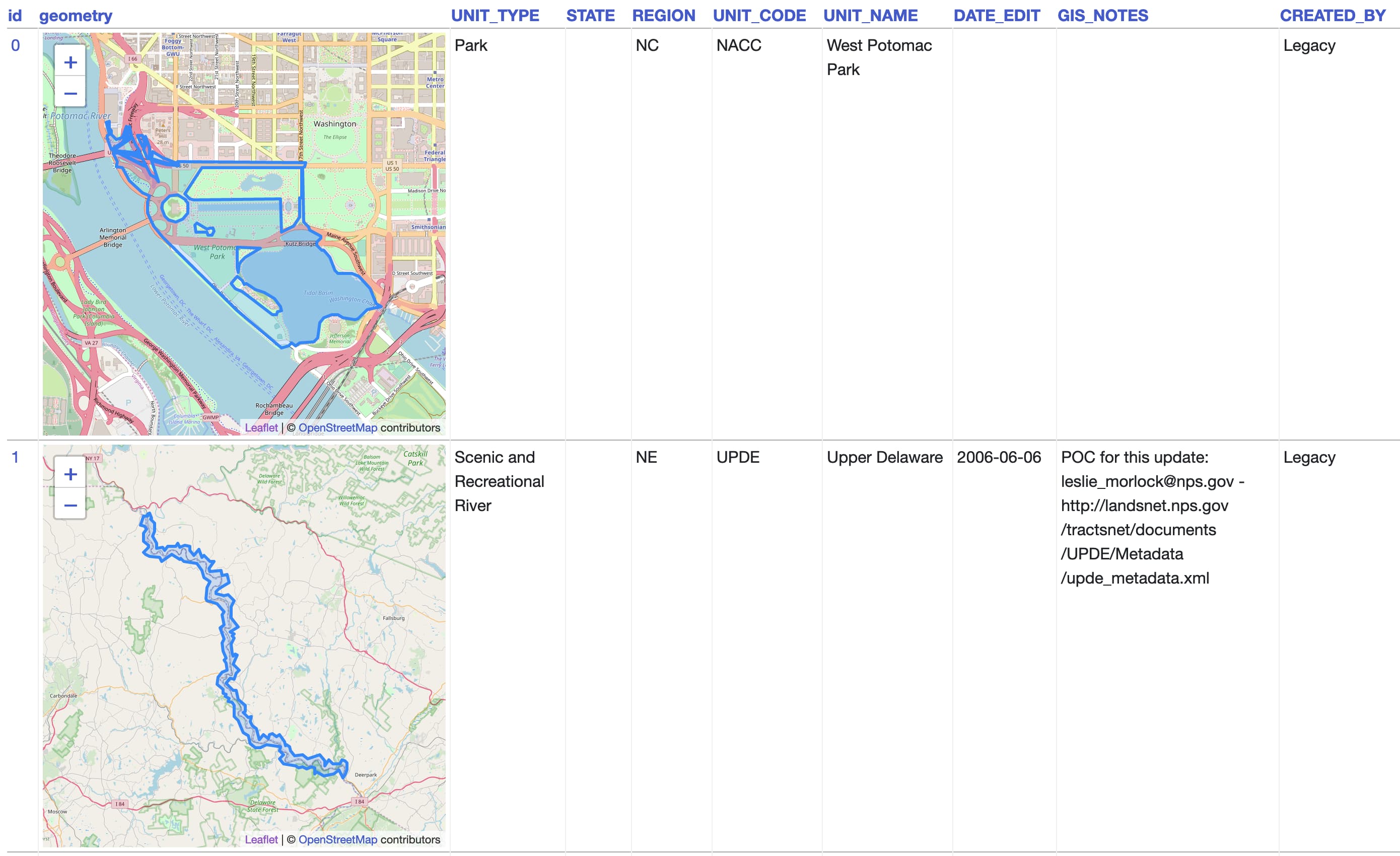February 2020
42 posts: 4 entries, 4 links, 4 quotes, 30 beats
Feb. 1, 2020
Feb. 2, 2020
Feb. 4, 2020
Feb. 5, 2020
Weeknotes: Shaving yaks for Datasette Cloud
I’ve been shaving a lot of yaks, but I’m finally ready to for other people to start kicking the tires on the MVP of Datasette Cloud.
[... 392 words]Feb. 6, 2020
Feb. 7, 2020
Deep learning isn’t hard anymore. This article does a great job of explaining how transfer learning is unlocking a new wave of innovation around deep learning. Previously if you wanted to train a model you needed vast amounts if data and thousands of dollars of compute time. Thanks to transfer learning you can now take an existing model (such as GPT2) and train something useful on top of it that’s specific to a new domain in just minutes it hours, with only a few hundred or a few thousand new labeled samples.
Feb. 8, 2020
We write a lot of JavaScript at Basecamp, but we don’t use it to create “JavaScript applications” in the contemporary sense. All our applications have server-side rendered HTML at their core, then add sprinkles of JavaScript to make them sparkle. [...] It allows us to party with productivity like days of yore. A throwback to when a single programmer could make rapacious progress without getting stuck in layers of indirection or distributed systems. A time before everyone thought the holy grail was to confine their server-side application to producing JSON for a JavaScript-based client application.
Feb. 11, 2020
How to cheat at unit tests with pytest and Black
I’ve been making a lot of progress on Datasette Cloud this week. As an application that provides private hosted Datasette instances (initially targeted at data journalists and newsrooms) the majority of the code I’ve written deals with permissions: allowing people to form teams, invite team members, promote and demote team administrators and suchlike.
[... 933 words]Feb. 13, 2020
A group of software engineers gathered around a whiteboard are a joint cognitive system. The scrawls on the board are spatial cues for building a shared model of a complex system.
Feb. 14, 2020
pup. This is a great idea: a command-line tool for parsing HTML on stdin using CSS selectors. It’s like jq but for HTML. Supports a sensible collection of selectors and has a number of output options for the selected nodes, including plain text and JSON. It also works as a simple pretty-printer for HTML.
Feb. 17, 2020
Feb. 19, 2020
Things I learned about shapefiles building shapefile-to-sqlite
The latest in my series of x-to-sqlite tools is shapefile-to-sqlite. I learned a whole bunch of things about the ESRI shapefile format while building it.
[... 1,073 words]Feb. 21, 2020
So next time someone is giving you feedback about something you made, think to yourself that to win means getting two or three insights, ideas, or suggestions that you are excited about, and that you couldn’t think up on your own.
